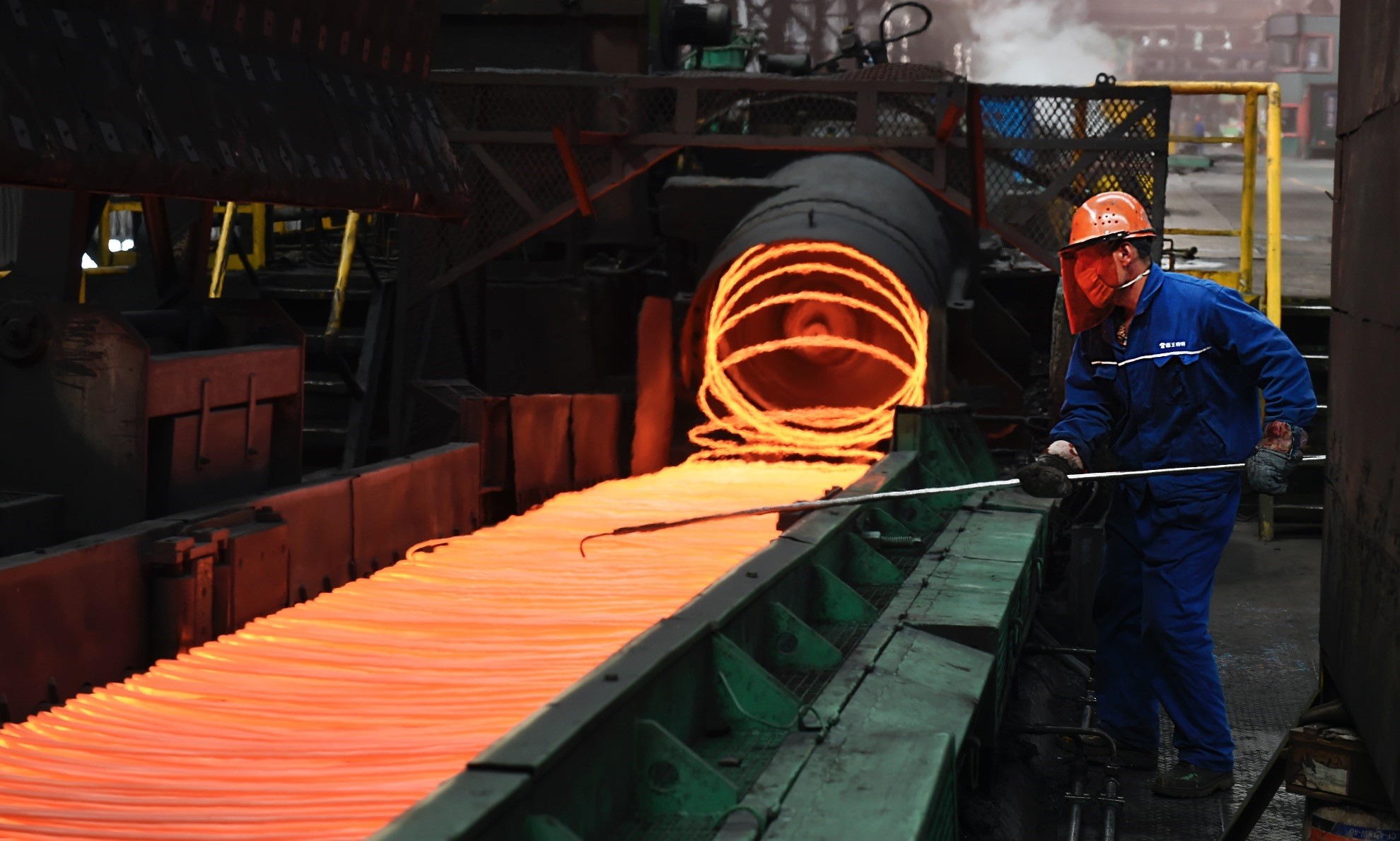
Things had been going along so nicely. Over the past year, the major regions of the world finally shed the scars of a global financial crisis and grew in unison for the first time in a decade. Worldwide growth is expected to hit 3.9 percent this year - the best pace since 2011 - and the International Monetary Fund says most countries are sharing in the prosperity. But President Donald Trump's announcement Thursday that the United States would impose heavy tariffs on imported steel and aluminum - with some countries potentially exempted - suddenly raised a fear that few had anticipated: That U.S. tariffs could trigger a chain of tit-for-tat retaliation by America's trading partners that could erupt into a full-blown trade war and possibly threaten the global economy. Given how far many countries have come since the painful years of debt crises and a crushing recession, the threat posed by the tariffs struck many as an ill-considered risk."Tariffs threaten to strangle the global golden goose," said Mark Zandi, chief economist at Moody's Analytics. "The global economy is on the same page for the first time in over a decade. This threatens to derail it."
It remains far from clear how, exactly, the Trump administration's tariffs will be applied, which countries will be subject to them or how economically damaging the retaliation from the affected nations might prove. The president announced 25 percent tariffs on foreign steel and 10 percent tariffs on foreign aluminum. But he gave Canada and Mexico a reprieve: He exempted them from the tax temporarily - provided that they agree to renegotiate the North American Free Trade Agreement to Trump's liking. The president has also invited other countries to try to negotiate their way out of the tariffs, though his administration has yet to explain how the appeals process will work.
European nations are already threatening to retaliate with tariffs of their own against such iconic American products as motorcycles, blue jeans and bourbon, among others. Across the world, China, the world's second-largest economy after the United States, is also sending ominous signals. Beijing said it was ready to counterpunch if the U.S. tariffs hurt Chinese companies, though in a statement Friday it made no specific retaliation threat. China's Commerce Ministry criticized Trump for acting unilaterally rather than working through the World Trade Organization. In a statement, Wang Hejun, a ministry official, warned that the tariffs "will surely have a serious impact on the normal international order."
Any trade war would upset an international economic order that has achieved stability and relative health. From Brussels to Beijing to Buenos Aires, pockets of the world had long suffered from the aftermath of the 2008 financial crisis but have been recovering steadily. Europe and Japan, both laggards for years, are at last showing steady growth. Developing countries, too, have mostly recovered from a 2014-2015 crash in commodities prices. And the United States is enjoying a job market boom, fueled in part by the stronger global economy, rising business and consumer confidence and the sweeping tax cuts that Trump pushed through Congress. But economists at Barclays Bank warn that this "Goldilocks scenario - solid, steady economic expansion, but not so fast as to ignite inflation - could reverse in the aftermath of Trump's tariff announcement.
